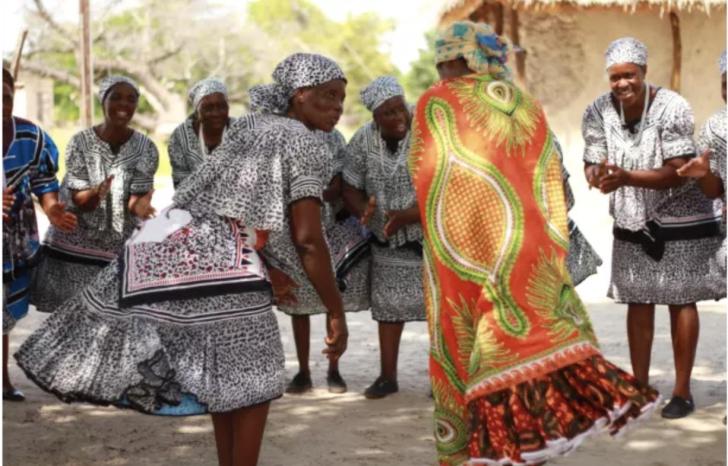Opinion / Columnist
Ban all Elections in Zimbabwe
26 Feb 2024 at 22:08hrs |
0 Views

Almost all political parties in Zimbabwe are organized on the condition for Western aid and the Western form of democracy. None of them are organized upon the Zimbabwe democratic tradition.
Given an opportunity to interview Zimbabwe President, Emerson Mnangagwa, Richard Quest’s first question was about gays and lesbians. Step back for a minute and you will realize that all civil wars in Africa are started by politically and economically marginalized people and here we are in Davos, Switzerland worrying about social issues—something that comes way up on the hierarchy of needs.
Our opposition political parties in Zimbabwe are confused. Individuals are the transmitting towers for economic and social units in western democracies. In Zimbabwe, it is the family, the village, and the collective.
For the removal of doubt, a chieftainship in Zimbabwe is obtained through lineage and rule for life. Even though the government appoints the Chief, his appointment must be ratified by the Council of Elders, which consists of heads of extended families in the chief’s jurisdiction.
The chief must consult with the Council on all important matters. Without this council, the chief is powerless. If the chief and the Council cannot reach a unanimous decision on an important issue, a village meeting is called and the issue put before the people, who will debate it until they reach a consensus.
Bad chiefs are recalled by the government or removed by the Council of Elders, or abandoned by the people, who will vote with their feet to settle somewhere else. have no political function. Their role is spiritual or supernatural.
Our opposition political parties must build upon this system. In the West, the basic economic and social unit is based upon personal responsibility; in Africa, it is the extended family - the village.
The American says, "Freedom is based on personal responsibility." The African says, "it takes a village to raise a childâ€
In conclusion, I recommend that Zimbabwe do away with elections, and embrace the traditional structures. All Members of Parliament must be chosen based on groups under a chief. The province must choose their leaders and place them in the senate. The President must be chosen by the Senate. The President and the Senate will take their decisions by consensus.
The Members of Parliament will only be consulted when there is a deadlock. This is the type of democracy that will work for Zimbabwe.
Given an opportunity to interview Zimbabwe President, Emerson Mnangagwa, Richard Quest’s first question was about gays and lesbians. Step back for a minute and you will realize that all civil wars in Africa are started by politically and economically marginalized people and here we are in Davos, Switzerland worrying about social issues—something that comes way up on the hierarchy of needs.
Our opposition political parties in Zimbabwe are confused. Individuals are the transmitting towers for economic and social units in western democracies. In Zimbabwe, it is the family, the village, and the collective.
For the removal of doubt, a chieftainship in Zimbabwe is obtained through lineage and rule for life. Even though the government appoints the Chief, his appointment must be ratified by the Council of Elders, which consists of heads of extended families in the chief’s jurisdiction.
The chief must consult with the Council on all important matters. Without this council, the chief is powerless. If the chief and the Council cannot reach a unanimous decision on an important issue, a village meeting is called and the issue put before the people, who will debate it until they reach a consensus.
Our opposition political parties must build upon this system. In the West, the basic economic and social unit is based upon personal responsibility; in Africa, it is the extended family - the village.
The American says, "Freedom is based on personal responsibility." The African says, "it takes a village to raise a childâ€
In conclusion, I recommend that Zimbabwe do away with elections, and embrace the traditional structures. All Members of Parliament must be chosen based on groups under a chief. The province must choose their leaders and place them in the senate. The President must be chosen by the Senate. The President and the Senate will take their decisions by consensus.
The Members of Parliament will only be consulted when there is a deadlock. This is the type of democracy that will work for Zimbabwe.
Source - Sam Wezhira
All articles and letters published on Bulawayo24 have been independently written by members of Bulawayo24's community. The views of users published on Bulawayo24 are therefore their own and do not necessarily represent the views of Bulawayo24. Bulawayo24 editors also reserve the right to edit or delete any and all comments received.
Join the discussion
Loading comments…















































